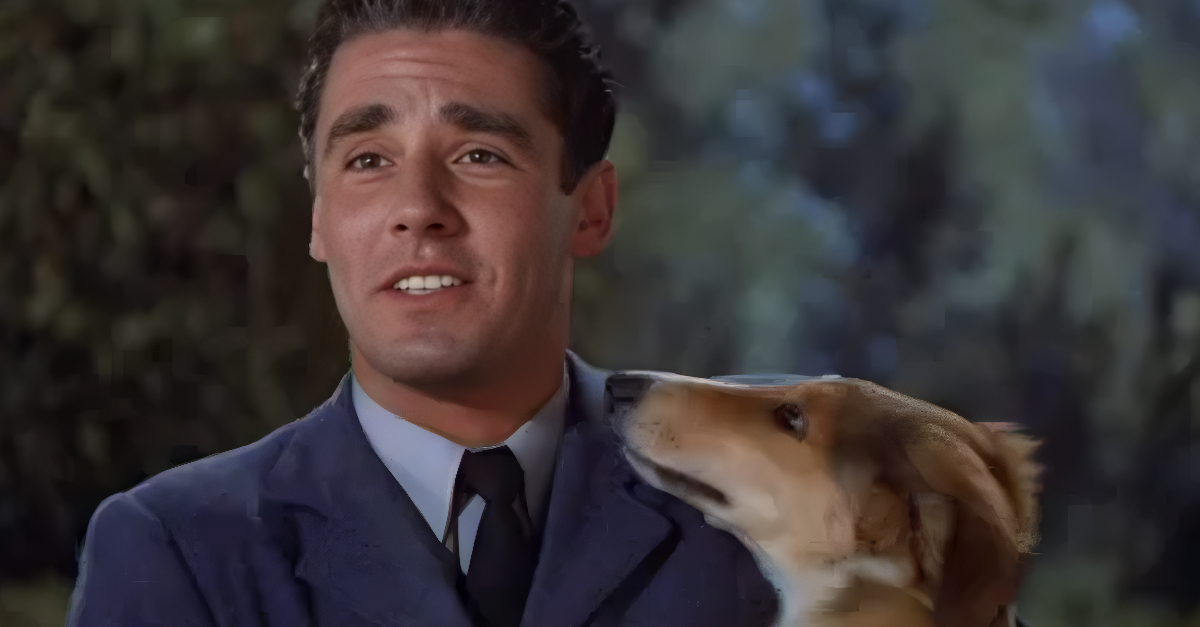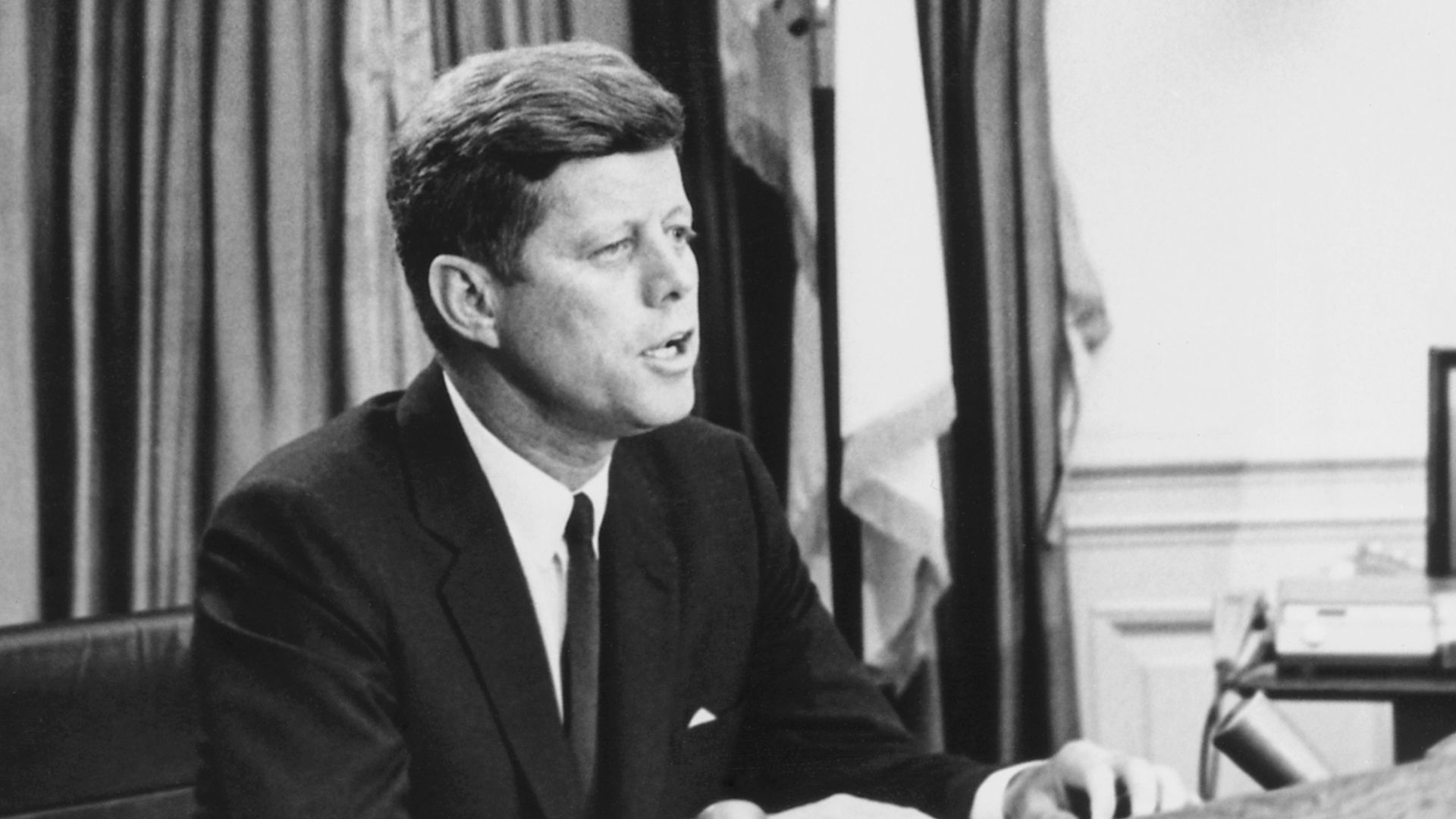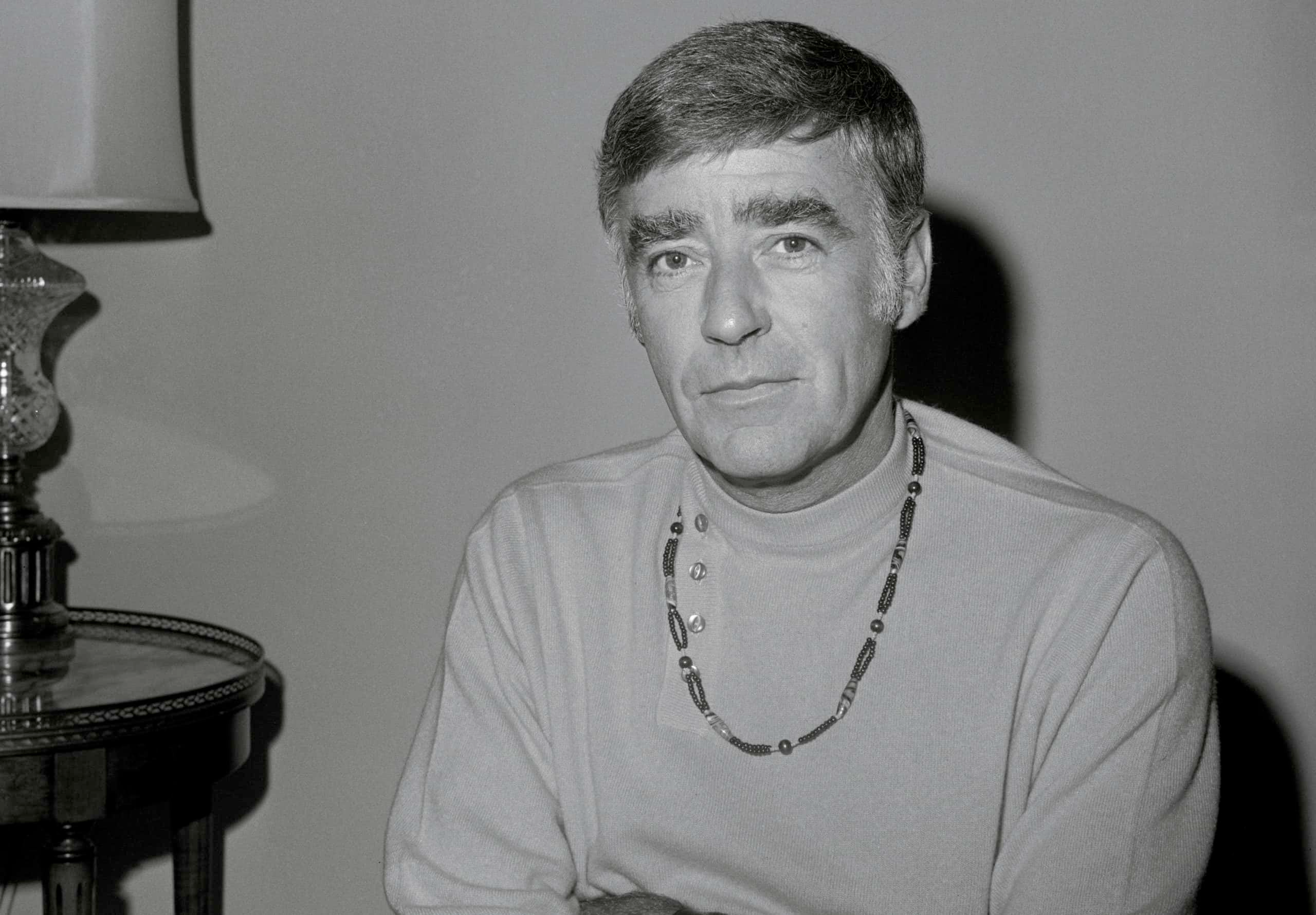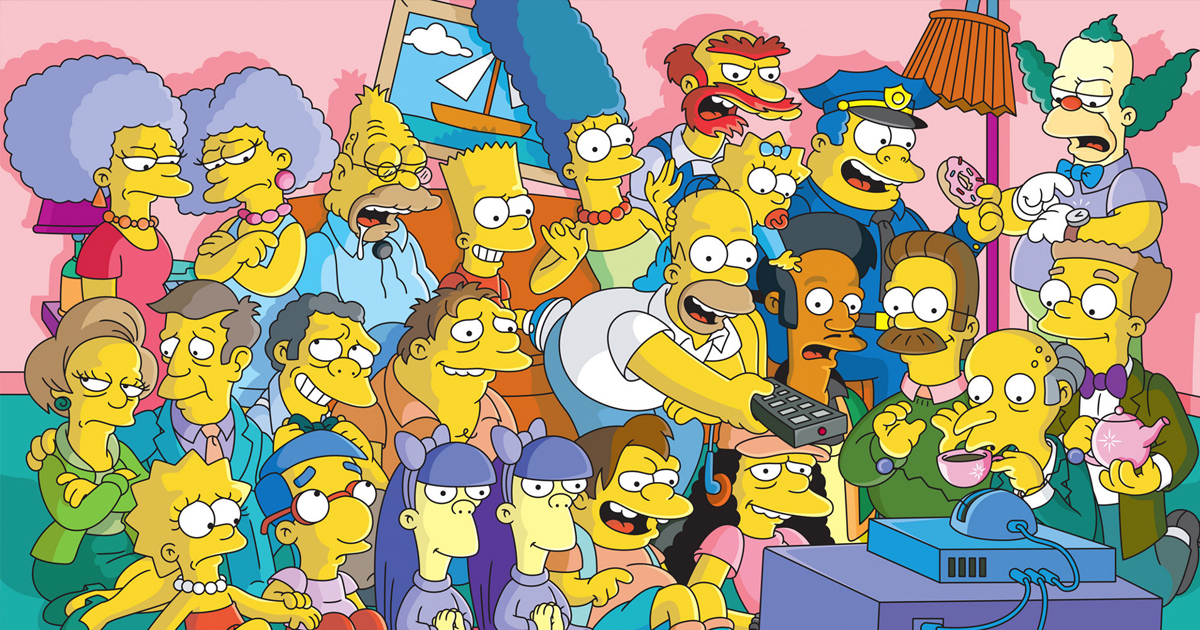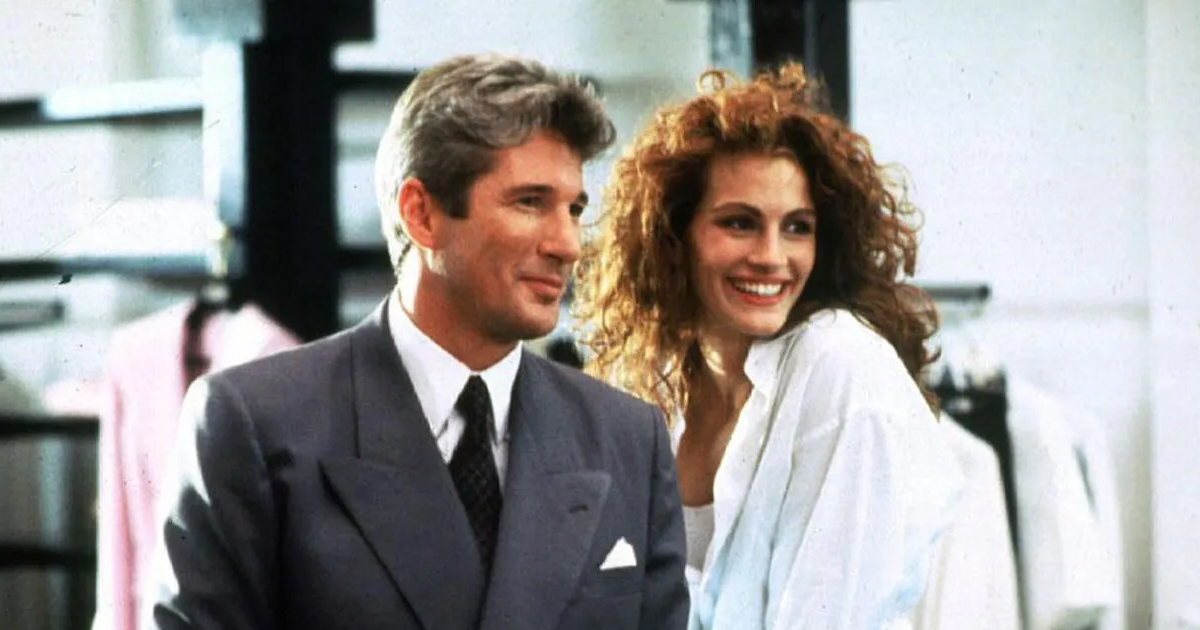The Debonair Brit Among Brash Americans
Peter Lawford was the debonair Brit among brash Americans. His accent, charm, and MGM polish made him stand out—and not always in a good way. To Frank Sinatra, he was both useful and suspect. For a while, Lawford was part of Hollywood’s most glamorous crew: The Rat Pack. Until he wasn’t.
And that’s when everything started to go downhill.
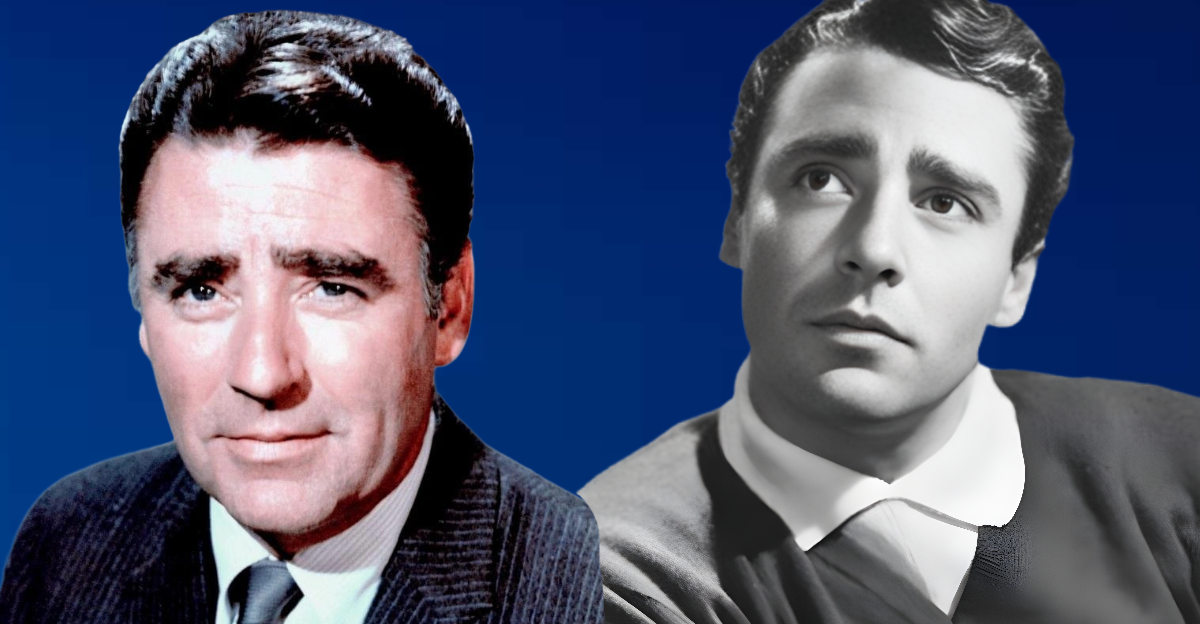
Born Into Privilege, Raised on Scandal
Lawford was born in London to an aristocratic but scandal-tainted family. His parents’ affair made front-page news, setting the tone for a life lived under scrutiny. He often said he’d been born in scandal, and that reputation followed him all the way to Hollywood.
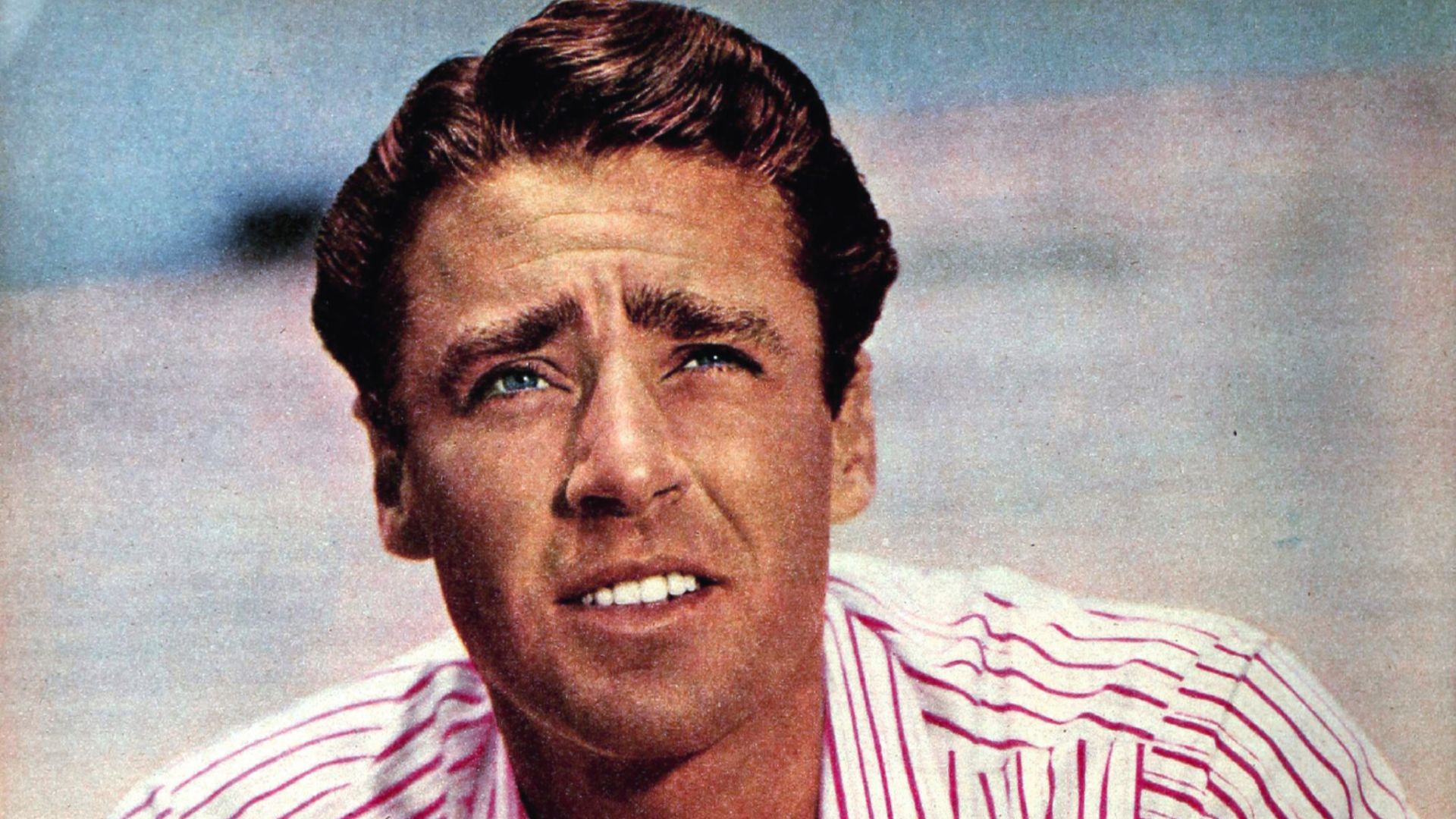 Macfadden Publications page 2, Wikimedia Commons
Macfadden Publications page 2, Wikimedia Commons
MGM’s Golden Boy
By the 1940s, Lawford was one of MGM’s rising stars. With his polished looks and refined air, he was cast opposite Judy Garland and June Allyson in hits like Good News and Easter Parade. On screen, he was confident and graceful—off-screen, he was eager to prove he belonged in that world for good.
 Metro-Goldwyn-Mayer (MGM), Good News (1947)
Metro-Goldwyn-Mayer (MGM), Good News (1947)
The Kennedy Connection
In 1954, Lawford married Patricia Kennedy, sister to future President John F. Kennedy. Suddenly, the smooth British actor was part of America’s most powerful family. Hollywood and politics had officially merged—and Peter was right in the middle of it.
Sinatra’s New Favorite Friend
Frank Sinatra, a Kennedy admirer, saw Lawford as his link to the White House. The two became inseparable. Sinatra even nicknamed him “Brother-in-Lawford,” half affection, half possession. For a while, Peter was one of the boys—singing, laughing, and living larger than life.
The Visit That Changed Everything
In 1962, Sinatra built a helipad and remodeled his Palm Springs home to host President Kennedy. But at the last minute, the White House canceled—citing Sinatra’s mob ties. Lawford, caught in the middle, had to deliver the bad news himself. And let’s just say, it didn’t go very well.
The Message That Ended a Friendship
Sinatra saw it as betrayal. He reportedly smashed the helipad, tore up photos of Lawford, and never spoke to him again. Lawford was only the messenger—but Sinatra never forgave him. Overnight, he was exiled from the Rat Pack, and word spread quickly through Hollywood.
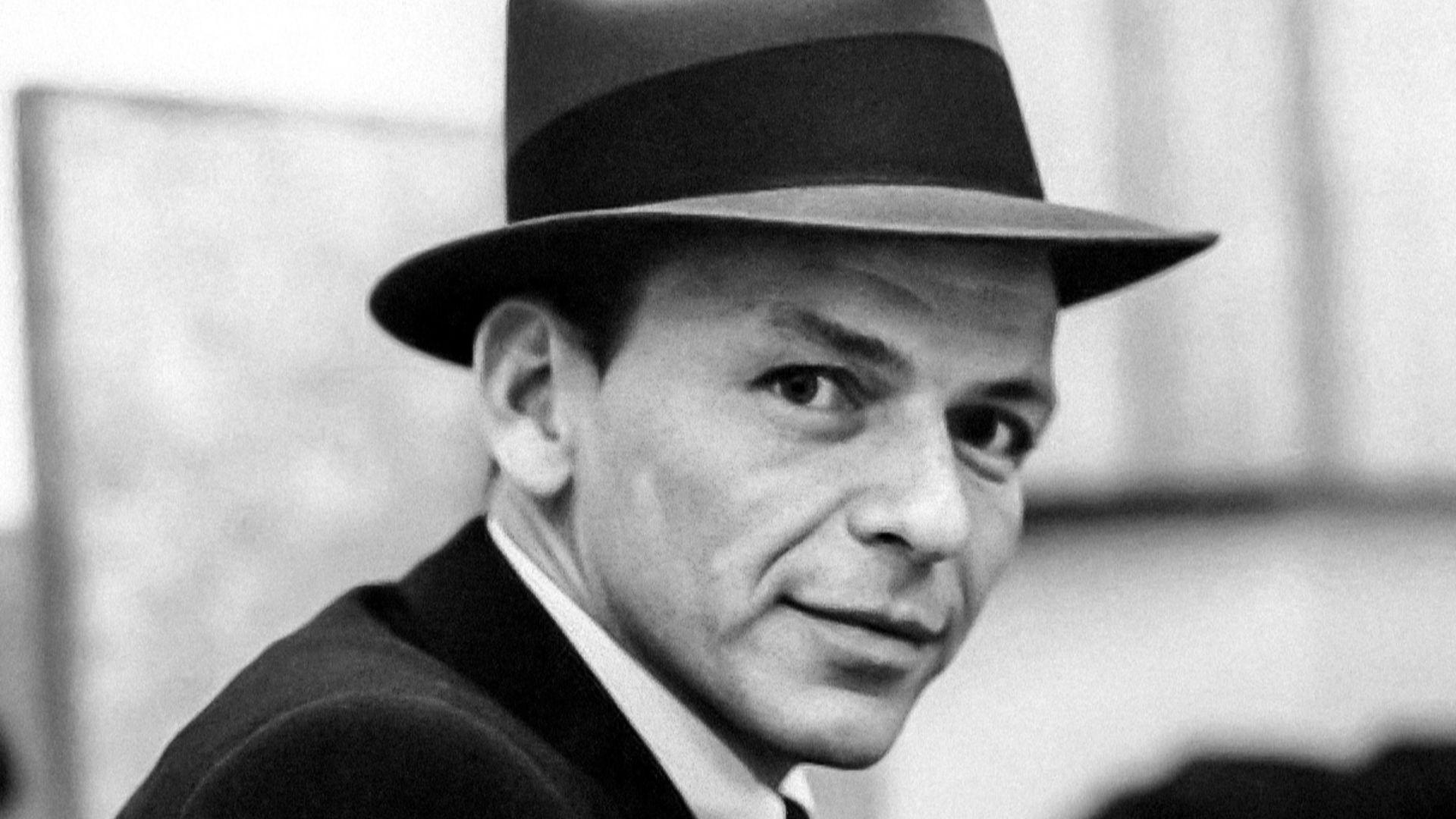 Photograph by Capitol Records, Wikimedia Commons
Photograph by Capitol Records, Wikimedia Commons
The Ban That Would Never Lift
Within weeks, Sinatra had Lawford’s name erased from Robin and the 7 Hoods, replacing him with Bing Crosby. To Peter, it wasn’t just losing a job—it was losing the brotherhood that had defined his career.
The Grudge That Lasted a Lifetime
Sinatra’s anger was absolute. He banned Lawford from shows, parties, and even casual mentions. Lawford tried to make peace more than once, but there was no getting through to Frank. People in their circle knew—if you mentioned Peter, the conversation stopped.
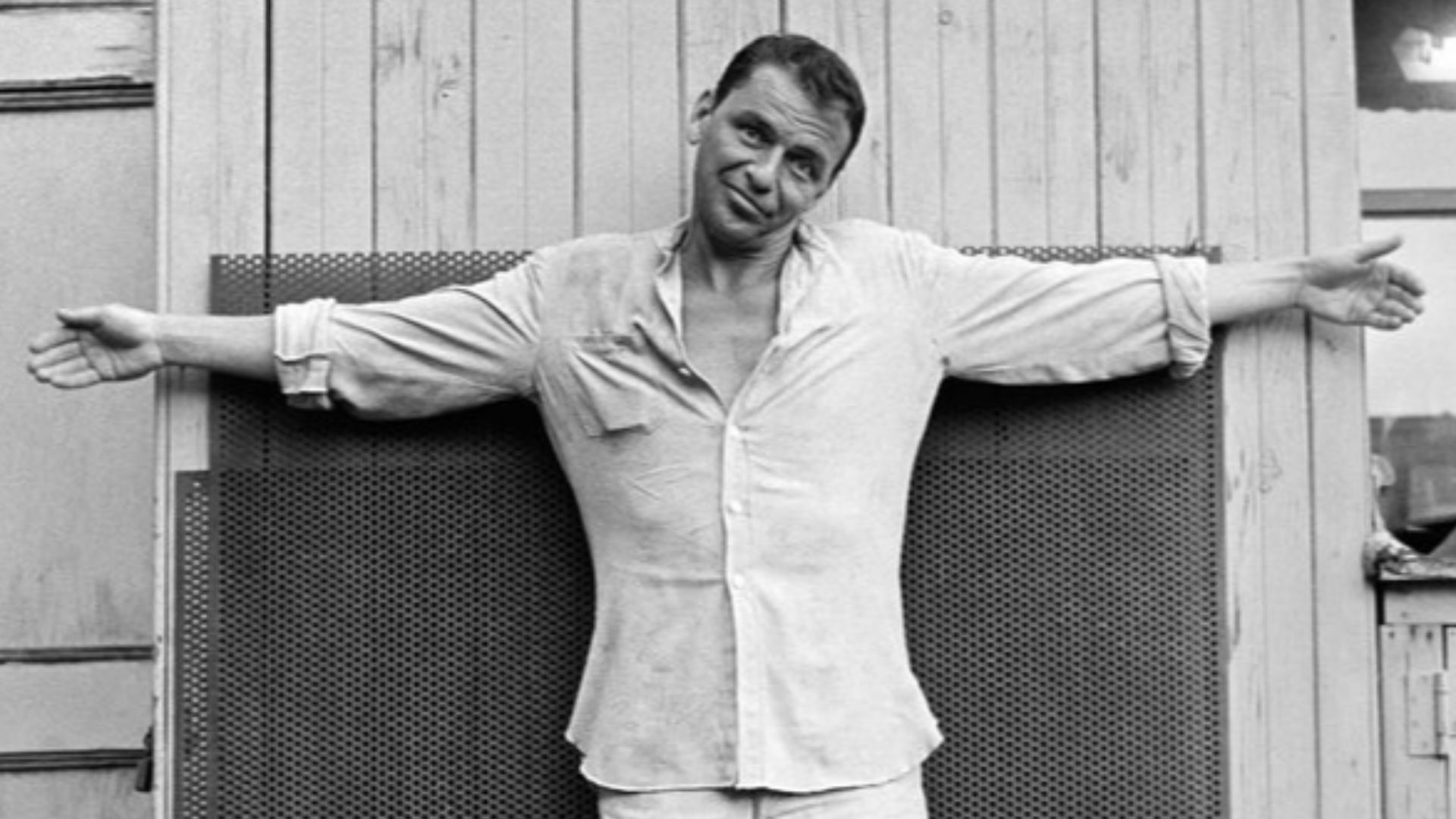 Philippe Halsman, Wikimedia Commons
Philippe Halsman, Wikimedia Commons
The Kennedy Marriage Crumbles
The fallout bled into his marriage with Patricia Kennedy. His drinking worsened; her patience faded. Their once-golden union ended in divorce in 1966, cutting off his last major connection to both the Kennedys and Sinatra’s world.
A Career in Decline
By the late ’60s, Lawford’s career was sliding. He took smaller television roles, game-show appearances, and low-budget movies—anything to stay visible. He often joked that he was still waiting for the next big comeback, but the industry had moved on.
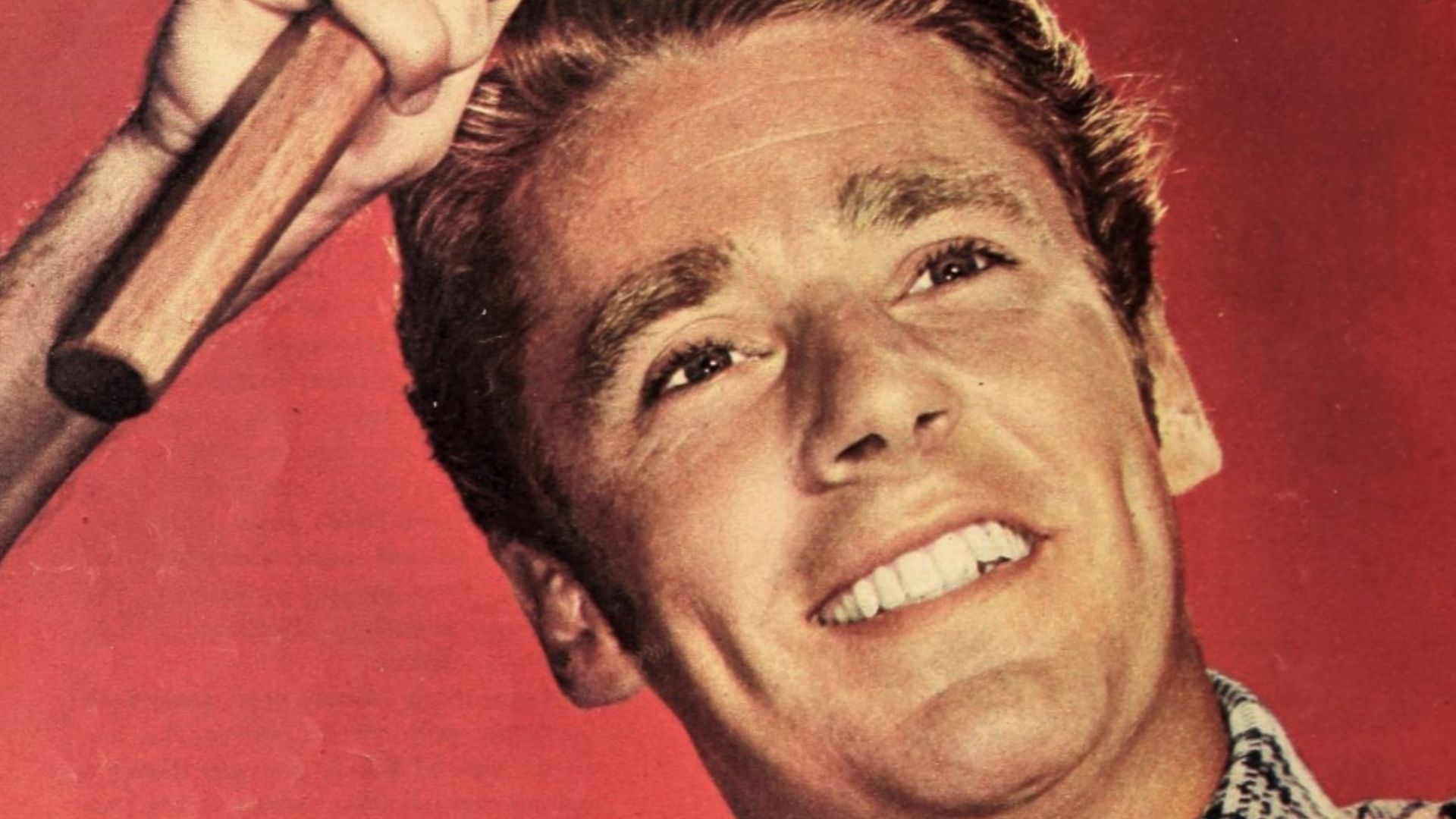 Laszio Josef Willinger, Wikimedia Commons
Laszio Josef Willinger, Wikimedia Commons
The Party Host of Santa Monica
With his movie stardom fading, Lawford reinvented himself as a host of lively Hollywood gatherings. Behind the laughter, though, he was struggling. Friends said he still loved to entertain, but it was clear the old energy wasn’t there anymore.
 Pictorial Parade, Getty Images
Pictorial Parade, Getty Images
Escaping the Spotlight
Lawford’s private life grew increasingly unstable. He spent his nights surrounded by people but seemed lonelier than ever. Those who knew him said he was trying to fill a void that never really went away.
 Pictorial Parade, Getty Images
Pictorial Parade, Getty Images
Trying to Make Amends
Lawford reached out to Sinatra through mutual friends, hoping for reconciliation. He told one friend he simply wanted to shake Frank’s hand again—but the message never reached him, or was ignored. By then, too much time and pride had passed.
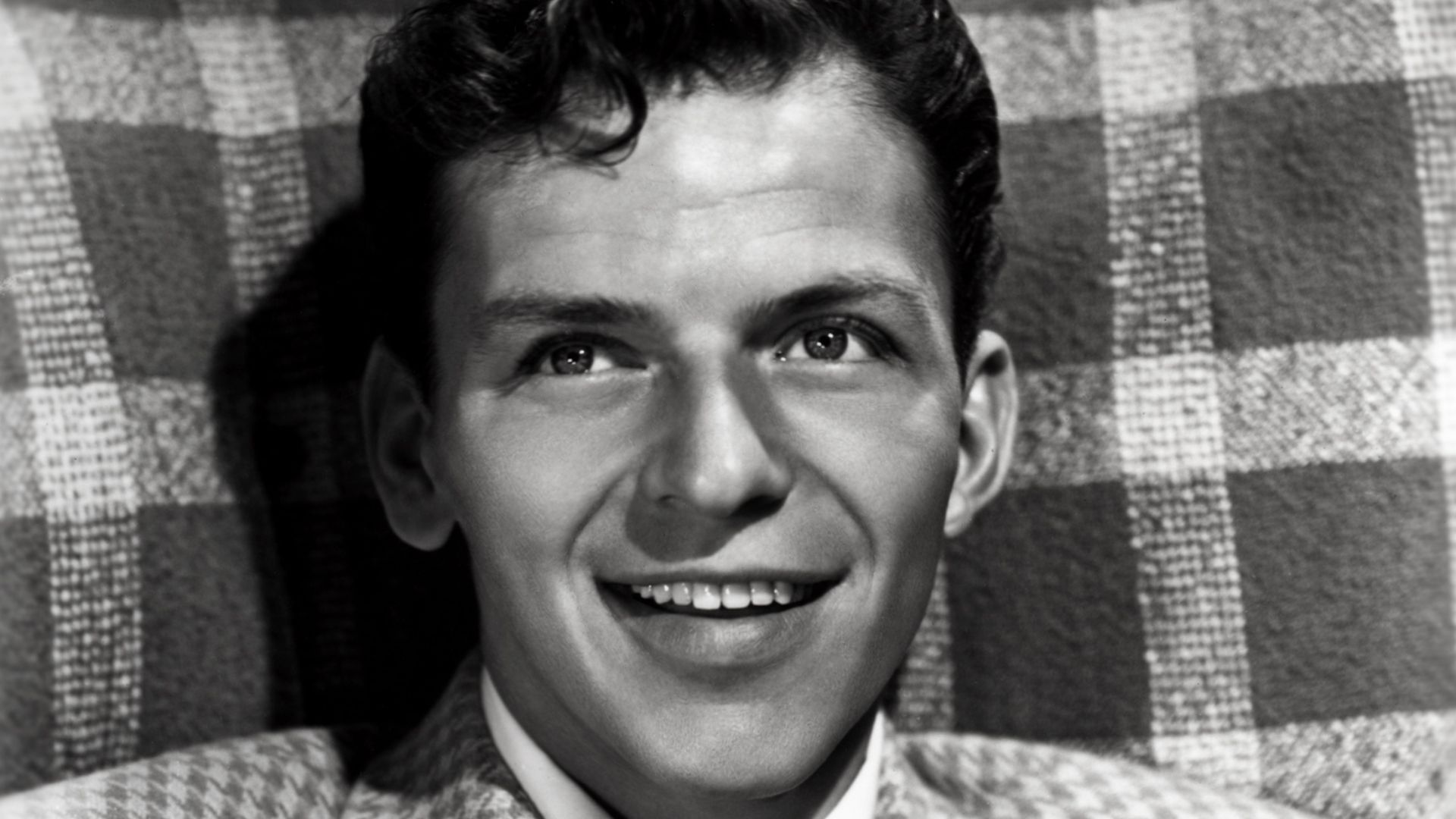 English: "Copyright 1946 Loew's, Inc." Photographer unknown., Wikimedia Commons
English: "Copyright 1946 Loew's, Inc." Photographer unknown., Wikimedia Commons
A Ghost Among His Friends
By the 1970s, Lawford’s name appeared only in retrospectives about the Rat Pack. He was always smiling, always gracious, but clearly haunted by the past. He later admitted that he had helped build the house—only to be locked out of it.
 Underwood Archives, Getty Images
Underwood Archives, Getty Images
Health in Steady Decline
Years of drinking and stress took their toll. His once-vibrant energy dimmed, and his health worsened. “Peter still wanted to be elegant,” one friend said, “but you could see the pain behind the polish.”
Death in Obscurity
On December 24, 1984, Peter Lawford passed away at just 61. He died quietly in Los Angeles, nearly penniless. No Rat Packers attended his funeral, and few in Hollywood even knew he was gone until weeks later.
Sinatra Stayed Silent
Contemporary accounts said Sinatra offered no public condolences. For a man obsessed with loyalty, that silence spoke volumes—and it told everyone the rift had never healed.
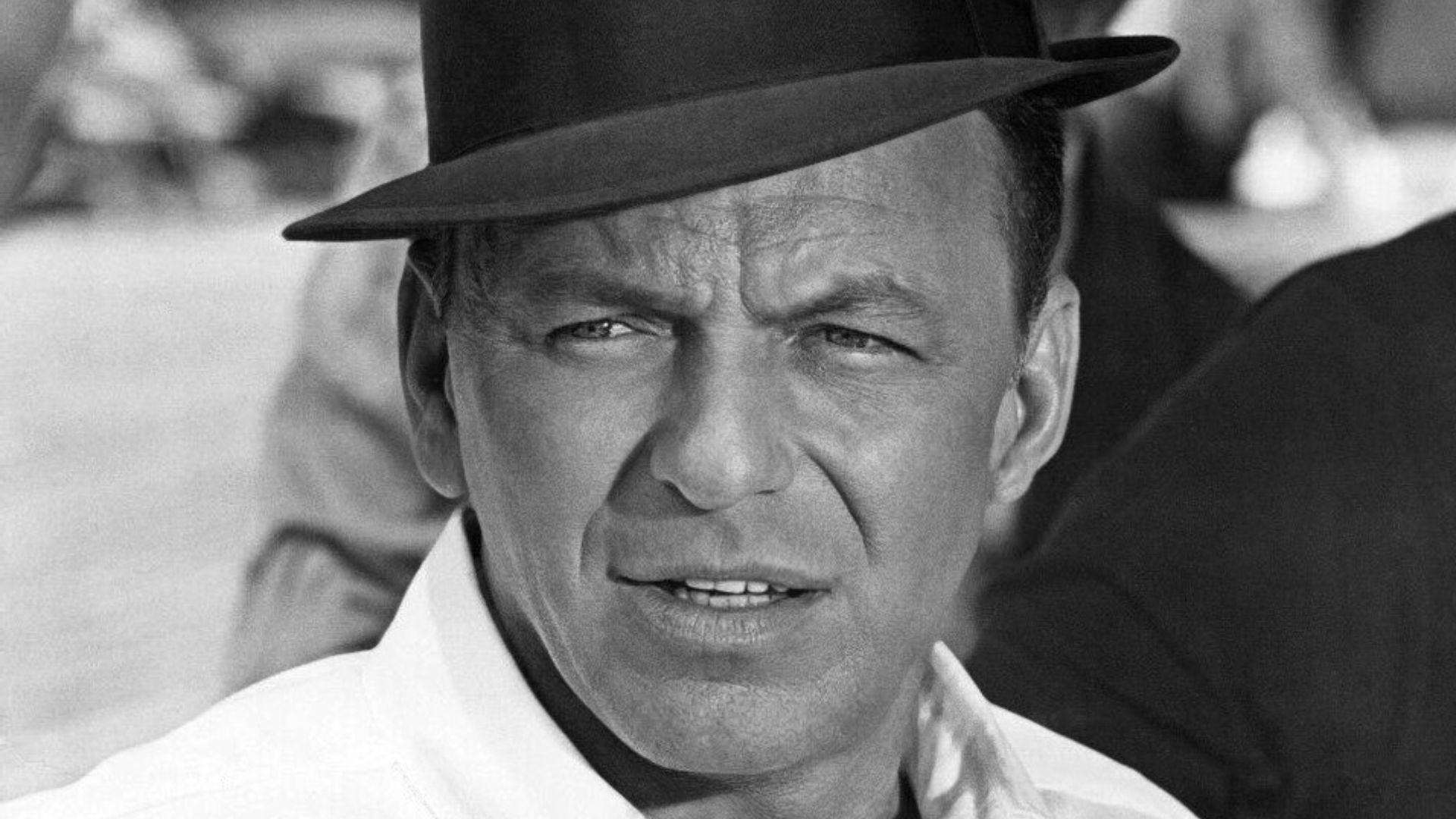 Distributed by 20th Century Fox. Photographer uncredited and unknown., Wikimedia Commons
Distributed by 20th Century Fox. Photographer uncredited and unknown., Wikimedia Commons
The Funeral Bills Nobody Paid
Lawford’s funeral was small and subdued. When the bills came due, no one stepped forward. His ex-wife and children refused to pay, and the mortuary held his body for weeks while the debts piled up.
Why the Family Walked Away
According to an Associated Press report, his widow said the children refused to pay the burial bills. Lawford had been estranged from them for years. His estate was broke, and resentment ran deep. The funeral home eventually absorbed the costs just to lay him to rest.
Ashes and Arguments
Lawford’s ashes were first placed at Westwood Memorial Park but later removed amid a dispute and scattered in the Pacific off Malibu. Even in death, he couldn’t find peace.
Forgotten Almost Instantly
Within weeks, Hollywood moved on. There were no magazine tributes, no retrospectives. The man who’d once dined with presidents and performed with legends was already a memory.
The Lonely Legacy
Lawford’s story shows how fame can give everything—and take more. He wasn’t destroyed by one betrayal, but by years of heartbreak, silence, and regret. “He wanted to be loved,” said one friend, “and in Hollywood, that’s the most dangerous thing to want.”
The Forgotten Gentleman
Today, Peter Lawford is remembered mostly as a supporting player in other people’s stories—Sinatra’s, Kennedy’s, Hollywood’s. But his own story deserves its spotlight: elegant, lonely, and quietly tragic.
You Might Also Like:
Sammy Davis Jr. Was The Most Talented Man In The Rat Pack—But Even They Never Fully Accepted Him

